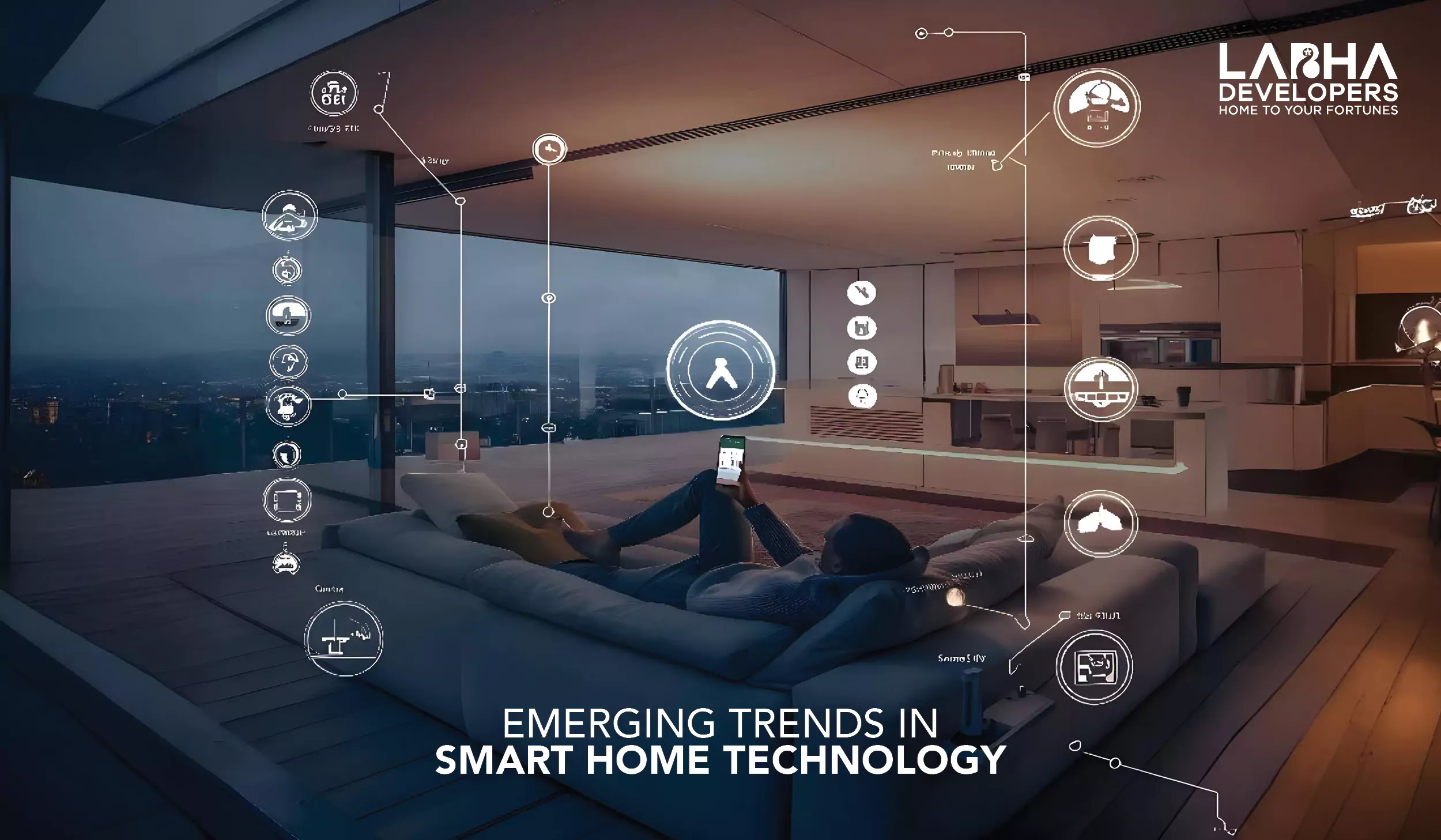Introduction
The real estate market is rapidly evolving due to smart home technology, which provides a range of benefits that increase the utility and appeal of modern homes. Technology is increasingly being integrated into new construction and modern homes, including sophisticated temperature control and security systems. This blog will look at recent advances in smart home technology, how they’re affecting real estate, and how they’re shaping future living environments.
Latest Innovations in Smart Home Tech
Recent advances in smart home technology include voice-activated assistants, energy-efficient appliances, and smart lighting systems. Speak-activated gadgets, like Amazon Alexa and Google Assistant, increase accessibility and convenience by enabling people to operate several parts of their homes with brief spoken commands. Smart lighting solutions can increase safety and energy efficiency. They can be adjusted based on occupancy or time of day. Energy-efficient appliances and smart thermostats reduce the environmental impact and cost of residential power consumption.
Impact on Real Estate Preferences
A rising number of smart technology users are having an impact on real estate purchase decisions. Modern automation systems and smart gadgets are in high demand among would-be homeowners. In response to this necessity, developers are incorporating these technologies into new projects in an effort to appeal to tech-savvy consumers. Moreover, the higher resale values that the present market is seeing for homes with smart technology indicate their popularity.
Future Outlook
Smart home technology is predicted to become increasingly widespread in the real estate market in the future. One of the most recent advancements is the creation of networked smart home ecosystems, in which devices may collaborate to create a more integrated living environment. Future technological advancements are expected to result in the availability of increasingly complex and user-friendly solutions, hence affecting consumer tastes and the way people live in their homes.
